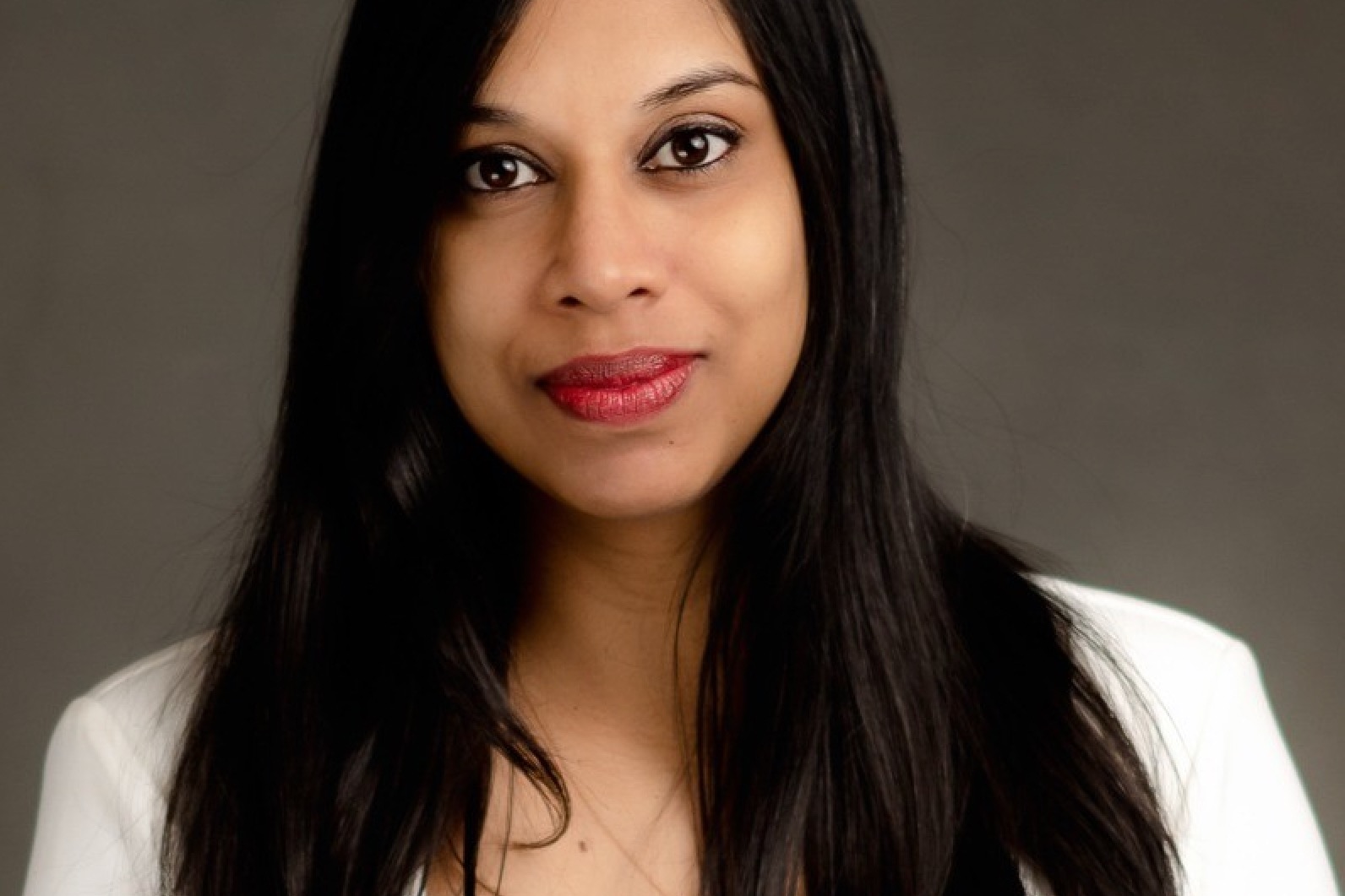Bridging the gap: adventures of a researcher in residence

Taijrani Rampersaud-Skorka
Taijrani Rampersaud-Skorka explains how the position at Springer Nature enabled her to share her challenges and learn about the publishing world first-hand
As a researcher, the ‘black box’ of publishing and the gap between researchers and those who publish their work fascinates and concerns me in equal measure.
While both play an integral part in knowledge creation, there is a need for more collaboration to ensure opportunities and content are truly accessible.
How can we change this and cultivate an environment where researchers and publishers work in close partnership, enabling mutual learning about the research and publishing ecosystems?
For the past three months I have had a front row view of this as one of Springer Nature’s inaugural Researchers in Residence. This gave me the opportunity to advocate personally for change in the academic publishing world to make it more accessible to researchers like me - researchers from developing countries with limited resources.
Originally from Guyana, South America, I specialise in communication studies with a background in computer sciences and other academic interests. Juggling roles as a lecturer, content creator, researcher, wife, mother, and photography enthusiast, I stepped into the job of a Researcher in Residence in September 2023. In preparation for my three-month journey, I outlined several challenges I face as a researcher.
Firstly, I am never sure where I should attempt to publish my work. Should I aim for journals that are high impact, open access, multidisciplinary, or special interest… or all of the above? Secondly, the article needs to follow journal-specific parameters for submission including stylesheet, submission platform, and data treatment. This results in extra time spent customising papers for different journals. Thirdly, navigating the intricacies of the peer review process: while I appreciate its importance and welcome it, the prolonged silence from editors, whether positive or negative, can be disheartening and certain death to time-sensitive data. In one instance, I learned months later, despite meeting all the criteria and fitting the scope, that my paper did not fit the journal.
My time as a Researcher in Residence has enabled me to share such challenges, learn about the publishing world first-hand, and provide feedback on innovations as I become part of the publishing ecosystem. I have been given a rare opportunity: I have a platform to speak in a forum where I know my voice is truly being heard. It is my hope that the outcomes of this venture will make the publishing world more accessible for my peers – especially those from marginalised groups.
For the last three months, I have gained significant insight about the world of publishing. Looking ahead, I have some suggestions for both publishers and researchers to foster mutual understanding with the aim of building stronger relationships going forward.
More information sharing sessions involving publishers, editorial teams, and new researchers on ‘how to get published’ would be beneficial to all. Such sessions could also offer publishers an opportunity to promote their services, support aspiring authors, and help researchers grasp the publishing process. Researchers would also become aware of publishers' diverse portfolios and which publications are the best fit.
To bridge the gap further, targeted publicity about the different publishers, their tools, and their resources is essential. While websites and social media are good sources of information, they are only beneficial to those with knowledge about these platforms and access. Researchers facing infrastructure challenges - inconsistent electricity, spotty internet, and limited compatibility devices - need to be considered. Exploring traditional communication channels like radio, television, newspapers, and community leaders could effectively reach those in technologically dark areas, as they still provide a wealth of information for developing and remote communities.
In addition, researchers need to form stronger relationships with their libraries. A lot of publishers have agreements with libraries that grant access to immense content behind paywalls; they could also provide printed materials when requested. Libraries and librarians are a great resource that often get overlooked in this digital age.
Another idea worth consideration is an increase in networking between renowned publishers and smaller publishers and universities - especially those from developing societies. These local agents already have familiarity navigating their own societies and could help bridge cultural barriers, especially language barriers, that larger publishers from the developed world would have when trying to reach new target groups.
Finally, acknowledging varying living costs across societies is key. Publishing costs and subscriptions need to reflect this and not be universal. This also links to other stakeholders – those capable of providing funding and improving infrastructure (especially libraries) need to also be part of the change. But more about that another time…
As I wrap up my time as a Researcher in Residence at Springer Nature, I am grateful for the insights gained and the opportunities to advocate for change. The adventure of bridging the gap between researchers and publishers has been enlightening and enjoyable. I do believe that our collective efforts in fostering collaboration and accessibility in academic publishing will continue to shape a more inclusive future for researchers worldwide.
Dr Taijrani Rampersaud-Skorka is originally from Guyana, and in May 2020, was awarded the Doctor of Philosophy in Communication from the University of Hyderabad, India with the thesis titled “Mapping Community Radio in South Asia: A Systematic Analysis of the Alternative Mediascape in Nepal, India, and Bangladesh”. Prior to this, she completed a Master of Arts in Communication (with a specialization in audio and video production) from the University of Hyderabad, India (2011); a Bachelor of Social Sciences in Public Communication and a Diploma in Computer Sciences – both undergraduate courses at the University of Guyana (2008, 2004). Currently, Taij is pursuing two personal projects: converting her doctoral thesis into a book for public consumption and applying the developed framework from her doctoral degree in the Caribbean Region with the aim of mapping community media initiatives in said area.






